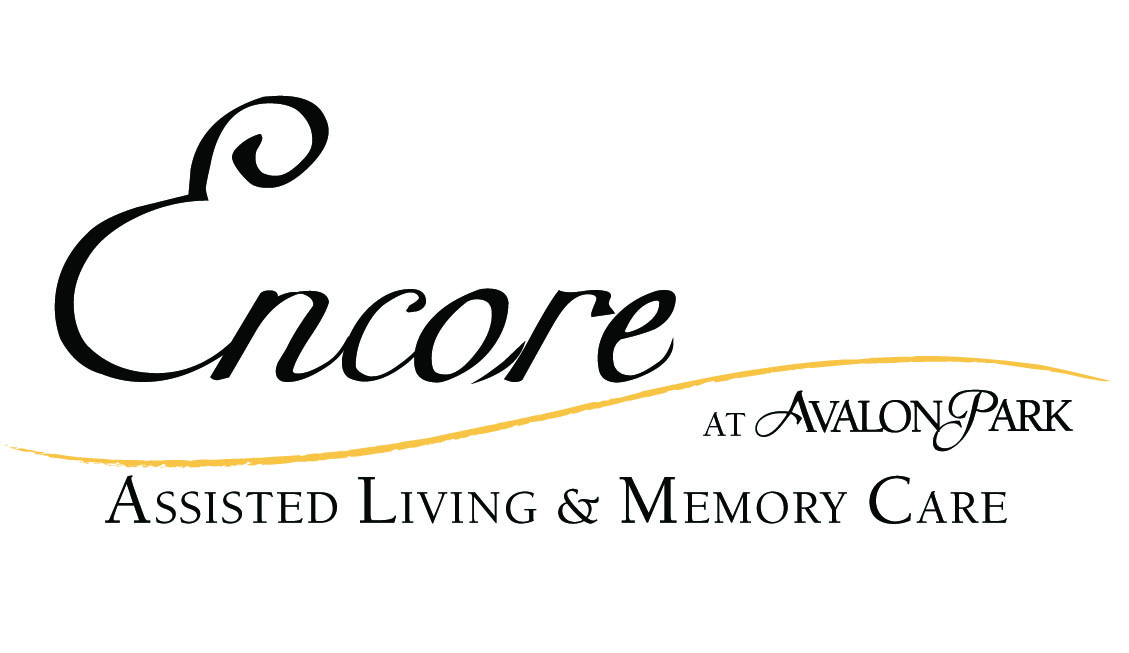How Do You Test a Loved One for Dementia?

As your loved one grows older, day-to-day tasks become more difficult for them to handle alone. This behavior is a normal side effect of aging, but it’s also easily confused for a sign of dementia. To understand when the time to involve medical professionals is right, pay close attention to your loved one’s behavior and ask a few key questions.
Symptoms to Look out For
Symptoms of dementia are initially mild and gradually worsen over time. Of course, each senior experiences these symptoms in different ways. The better you understand your loved one’s current behavior, the more likely you can discover signs of dementia as they appear, including:
Cognitive symptoms
- Confusion or disorientation, especially in the evening
- Reduced concentration
- Lost sense of direction when walking or driving
- Increased short-term memory loss
Psychological symptoms
- Withdrawal or depression
- Anxiety
- Paranoia
- Hallucinations
When you notice your loved one’s behavior changing, don’t ignore it. Your family member will have more treatment options and time for planning if you request testing after the earliest onset of dementia symptoms.
Questions to Keep in Mind
When you present these symptoms to your loved one’s primary care physician, the doctor will have a few questions about their medical history, including:
- Does dementia run in your family?
- Does your loved one have history with diabetes or urinary tract infections?
- Is your loved one taking medication?
Sometimes, symptoms that mimic dementia are actually a side effect of treatable medical conditions. Therefore, you will better understand if there are any other underlying conditions by going over your loved one’s medical history before moving forward with dementia care.
Testing for Dementia
Unfortunately, there isn’t a tell-all test your loved one can take to confirm dementia. Instead, there is a list of tests that doctors may recommend depending on your family member’s symptoms. The most common tests include:
- Neuropsychological Tests – Doctors will evaluate cognitive function by testing memory, reasoning, judgment, language, and orientation. These tests will reflect any abnormalities in the cognitive and behavioral effects of the brain.
- Neurological Tests – Doctors will test memory, language, eye movements, senses, balance, and reflexes. These tests are tailored to take note of the brain’s physical condition.
- Brain Scans – Your loved one will most likely go through brain scans including:
- CT or MRI to check for evidence of a stroke, internal bleeding, or a tumor
- PET Scan to show brain activity patterns that could stimulate dementia
- Laboratory Tests – Reflections in a blood test can also give insight into underlying issues. Your senior could have a vitamin deficiency or thyroid imbalance disturbing their brand function.
- Psychiatric Tests – Symptoms of anxiety, depression, or other psychiatric disorders can often lower a senior’s cognitive ability. Therefore, a mental health professional might intervene to determine if such symptoms are contributing to dementia
Residential Living for All Seniors
Caregivers face a number of challenges when supporting a loved one transitioning into older age. Whether your family member needs simple assisted living or specialized memory care, Encore at Avalon has cultivated a vibrant community suitable for all seniors. For more information about our residential living, call us today at 407-270-7500 to schedule a tour.




